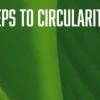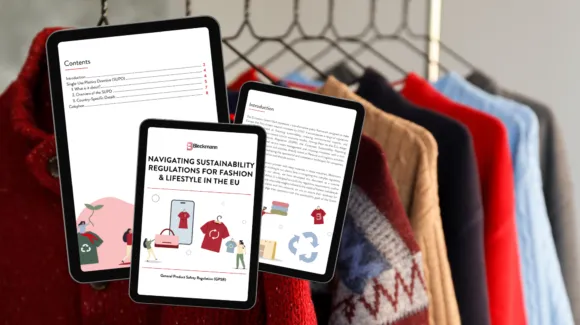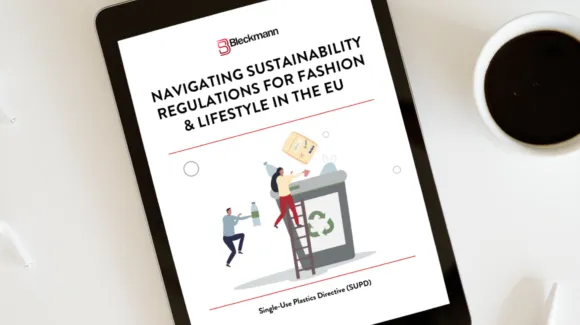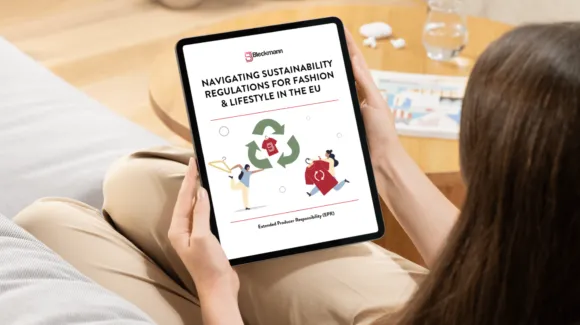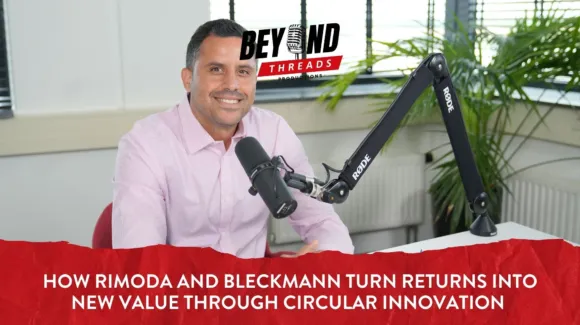Ready to transform waste management into a competitive advantage? Download our expert guide on Waste Framework Directive compliance and circular economy opportunities.

The Waste Framework Directive serves as the cornerstone of EU waste policy, establishing essential definitions, concepts, and requirements that guide national waste management legislation across member states. For fashion and lifestyle brands, WFD compliance represents more than a regulatory checkbox – it can be a gateway to sustainable transformation.
Strategic WFD implementation allows brands to reduce environmental impact while unlocking circular economy opportunities. Forward-thinking companies can use these requirements to develop innovative business models, optimise resource costs and create compelling sustainability initiatives that connect with conscious consumers.
Ready to turn compliance into a competitive advantage? Download our expert guide to discover how WFD requirements can strengthen your brand’s sustainability strategy while meeting regulatory obligations.
Your introduction to WFD implementation
For companies getting to grips with the Waste Framework Directive, this guide provides a foundational overview of this essential regulation. Get targeted insights from Bleckmann’s experts on turning WFD requirements into operational strategies that can boost both sustainability and efficiency. Inside, you'll find out more about:
- WFD foundational framework – Core objectives and focus areas that define waste management priorities and establish the regulatory groundwork for circular economy initiatives.
- Progressive recycling targets – Specific WFD recycling requirements for 2025, 2030 and 2035, helping you plan long-term material sourcing and waste reduction strategies.
- National implementation models – WFD application examples across Germany, France, the Netherlands, Italy and Spain, illustrating diverse approaches to waste management and circular economy development.
Turn waste management into brand differentiation
Strategic waste management isn’t just about compliance – it’s about creating value for your business and the environment. Equipped with our insights, you’ll be on track to turn waste challenges into opportunities for brand differentiation by tailoring your strategy to support both sustainability objectives and financial performance.
Complete the form below to download your copy of the guide today, or get in contact for a free consultation with a Bleckmann expert.
DISCLAIMER:
The information provided by Bleckmann to third parties is intended for general informational purposes only. While every effort is made to ensure the accuracy and completeness of the information, Bleckmann makes no representations or warranties of any kind, express or implied, about the reliability, suitability, or availability of the information. Bleckmann accepts no liability for any loss or damage arising from reliance on this information. Any use of the information is at the recipient’s own risk.



